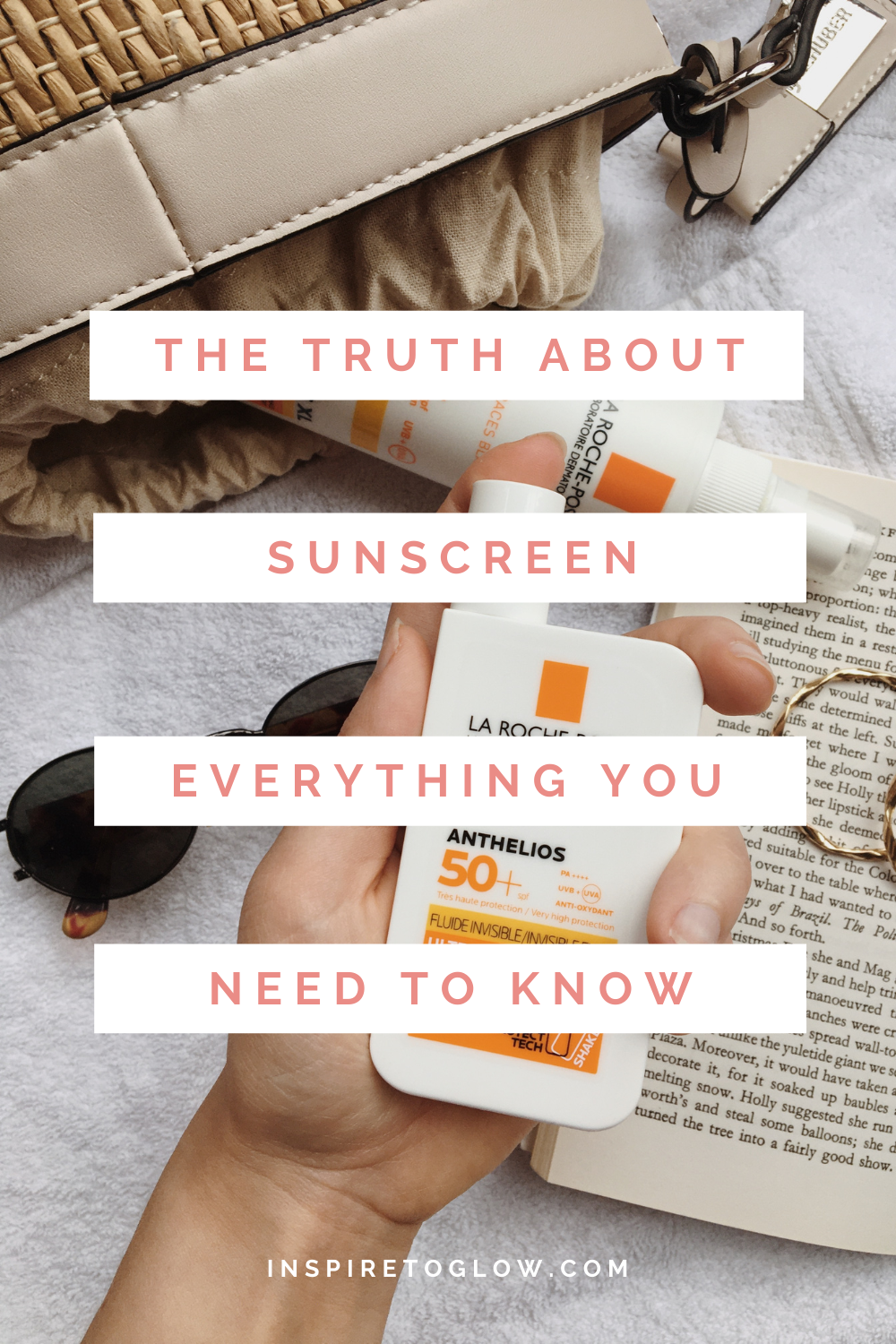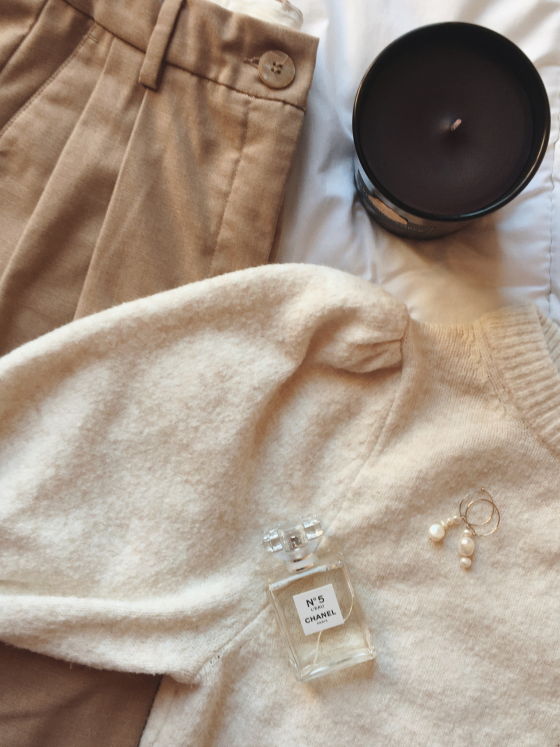The Truth About Sunscreen: Everything You Need To Know

Sunscreen is the most important step of your skincare routine, but also the one most people skip. The start of summer, that’s when most people take their SPF out of their cupboard, and most people put it right back when the seasons change. But did you know your skin actually needs this kind of protection year round? Or that even indoors, you aren’t safe from UV-rays? Keep on reading to discover the answers to all your SPF-related questions!
Why wear sunscreen?
Sunscreen not only protects your skin from getting sunburned, it also reduces the risk of skin cancer and prevents wrinkles and fine lines. As you can see, the tiny step of applying sunscreen every day has a lot of benefits. Okay, I hear you. Sitting in the sun for a few minutes without SPF won’t immediately give you wrinkles or cause skin cancer. But are you getting up after a few minutes to put on sunscreen and protect your skin against more sun exposure that day? Probably not. So why not incorporate it into your skincare routine, so you’ll never forget and always protect your skin.
When should you wear SPF?
When should you wear SPF? This is one of the most asked questions, and the short answer is always. Outdoors, indoors, Summer and Winter. The Sun’s UV- and UVA-rays are always there. UVA-rays can penetrate glass windows, so even indoors, your skin isn’t safe from sun damage. And UV-rays don’t disappear because the seasons changed. Even on cloudy and cold days, the sun can damage your skin.
SPF is also necessary for everybody, no matter your skin tone. You may not burn easily, but that doesn’t mean UV- rays can’t penetrate your skin and cause damage. A good rule of thumb is to use 2 to 3 finger lengths of sunscreen for your face and neck combined. And don’t forget to reapply every 2 to 3 hours. Sunscreen naturally breaks down over time, so your skin isn’t protected if you don’t reapply.
What to look for when buying sunscreen
Mineral or Chemical Sunscreen?
The main types of SPF are mineral and chemical sunscreen. Nowadays, there are also SPF’s that combine both types to get you the best of both worlds. But which one is the best option for you? That depends all on what you prefer. La Roche Posay has a great article about the difference between the two types and what the pro’s and cons are.
For me, the main difference is the texture. A Mineral sunscreen is thicker than a chemical one, and for everyday use I prefer a lightweight consistency. But for people with sensitive skin, a chemical SPF can cause irritation. So choosing which type is best for you will all depend on what you prefer and your skin’s sensitivity.
Broad-spectrum is key
No matter what, always buy an SPF that’s broad-spectrum. Because then, your skin will be protected against both UVA and UVB rays. In other words, you’ll be protected against both premature aging of the skin and sunburn. And of course, always go for a sunscreen that’s SPF 30 to 50 to be well protected. Less than that, will not be enough to protect you against all the damage.
The most important thing is to get yourself a sunscreen that you don’t mind wearing every day. And is at least SPF 30 of course. – Because if you don’t like the texture or the way it looks after you’ve put it on, you’re just not going to wear it. And SPF is too important to skip.
Save this blog post for later by pinning it to your favorite Pinterest board.









